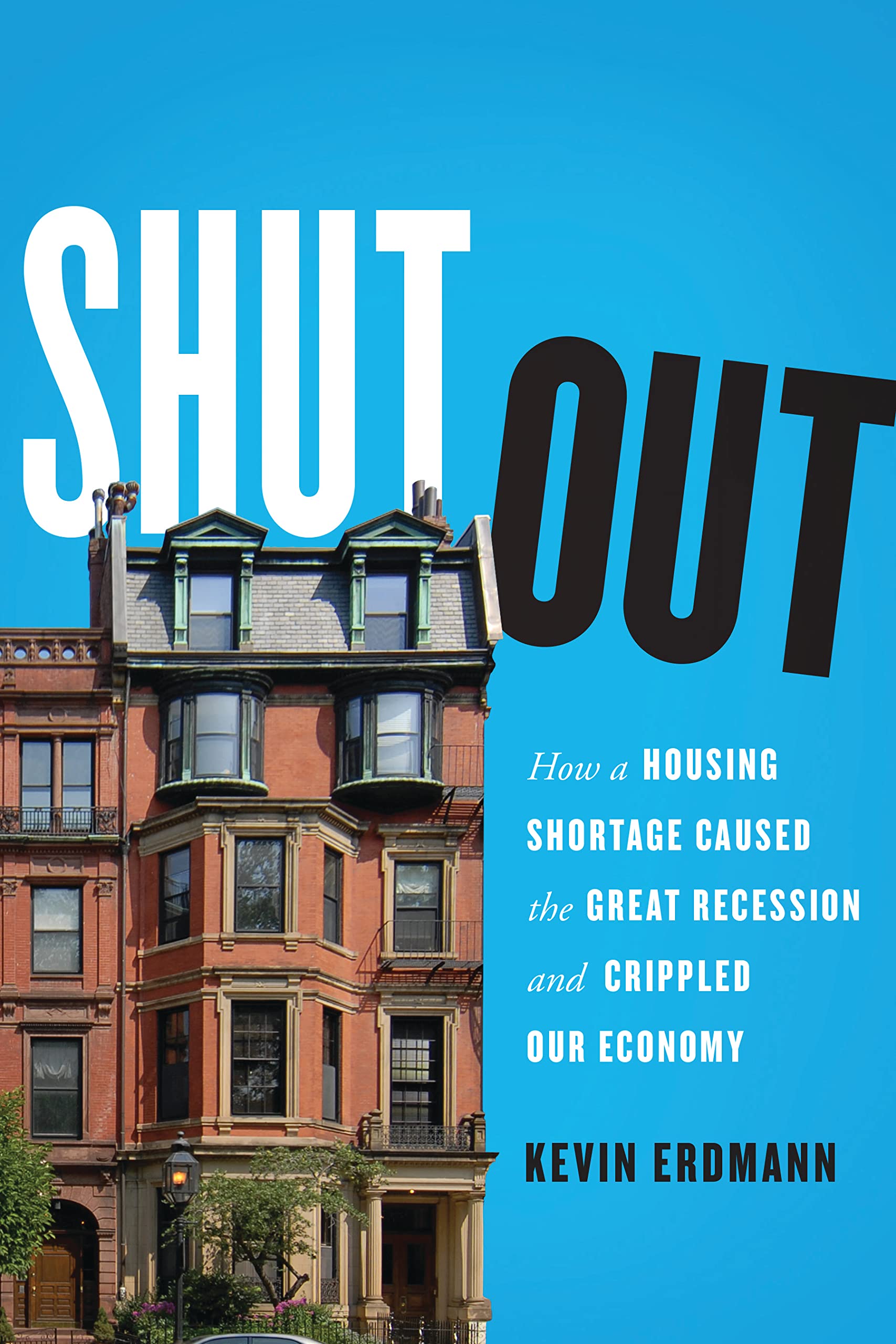> Total real wages have gone up, while median real wages have stagnated.
An investigation of median wages can be interesting. The comment only talked about wages in general.
> Thanks to our glorious new economy instead of basically everyone getting a house, spouse, and kid, now many will rent, work and die.
The US doesn't build enough housing, yes. Though renting by itself isn't a problem, but that housing (whether rented or owned) has become less affordable.
That's mostly because of various regulations (especially zoning) that limit how much developers can build. See eg https://www.amazon.com/Shut-Out-Shortage-Recession-Universit...
When Kevin Drum looks at national medians, he entirely misses both of these problems.
The author also says, “The third factor that somehow gets left out of a lot of armchair debates about housing and yet is an essential (possibly THE essential) element in all of this is credit.” As Kevin Erdmann explains in Shut Out (https://www.amazon.com/Shut-Out-Shortage-Recession-Universit...), the opposite is true. Credit is the factor that people jump to to the exclusion of rent (and expected rent given the low rate of homebuilding), which is directly related to supply constraints. Housing prices are high in the Bay Area because rents are high; low interest rates did not detach prices from rents.
Yes, there are a lot of factors in the housing market if you want to get deep in the weeds. But in my opinion, attempts to elevate second and third order factors to avoid dealing with the first-order factors of supply and demand are sophomoric.


They wouldn't be paying exorbitant amounts of money to stay in NYC or SF. They haven't in the past, before America stopped building. The distribution of rents used to be fairly 'flat', without the crazy spikes in productive cities we see today. See eg https://kevinerdmann.substack.com/p/the-consumption-basket-w...
Yes, many people have a preference for single family homes. If the people who are ok with density were legally allowed to enjoy that density, then there would be more space (even relatively close to city centres), left over for the people who prefer single family homes on large plots.
That also applies for your concerns about rich people taking up land: legalise density and building taller.
> The retrofits are major capital expenses that my mention later on. They get more expensive the bigger the house is. You still have larger costs on things like a new roof or flooring since there's simply more of it. Yes, they themselves generally wouldn't become a limiting cost. But neither would the property cost nothing.
Maybe, but you'd expect homes meant for rich people to have nicer than average roofs and flooring already. So your concern is a bit weird.
The vacancy rate doesn't seem particularly outside of historic norms: https://tradingeconomics.com/united-states/rental-vacancy-ra... So I'm not quite sure what you are on about?
In any case, even with your much higher estimate of 10% it's not a big deal. Even if you magically went from 10% to 0% vacancies overnight, you'd still only increased the effective housing supply by about 11%. The shortfall in building is much larger than that.
Again, please have a look at https://kevinerdmann.substack.com/p/the-housing-shortage-is-... and perhaps https://kevinerdmann.substack.com/p/random-notes or https://www.amazon.com/Shut-Out-Shortage-Recession-Universit... for a book length treatment.